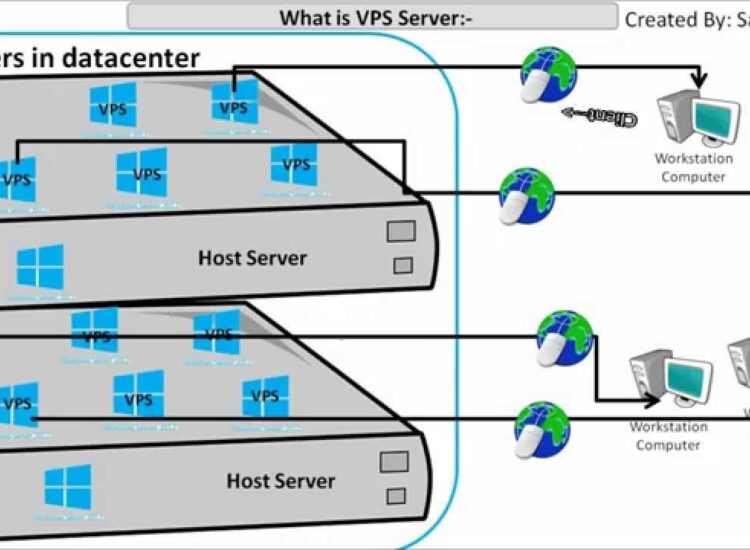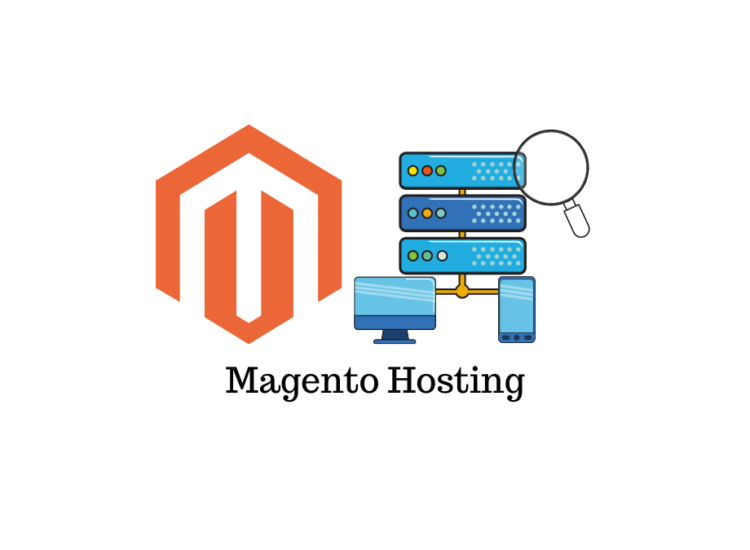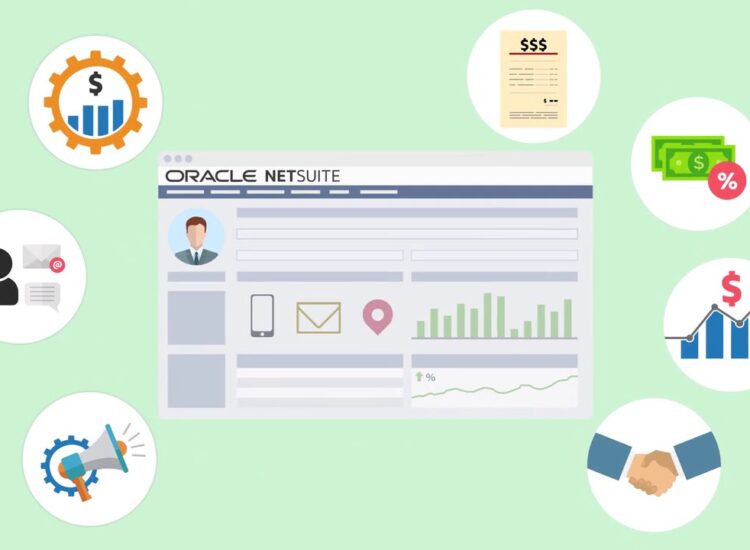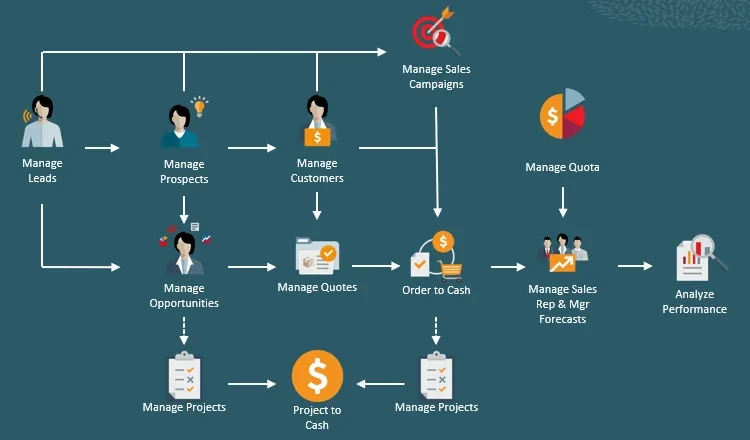For e-commerce businesses experiencing rapid growth, the limitations of shared hosting can hinder performance and scalability. A GoDaddy virtual private server (VPS) offers a robust solution, providing dedicated resources that can adapt to your business needs. This guide will help you navigate the complexities of selecting and implementing a GoDaddy VPS for your e-commerce store, ensuring you maximize the potential of this powerful hosting option.
Toc
- 1. GoDaddy VPS Hosting: Features and Benefits for E-commerce
- 2. Current Trends: Increased Demand for Scalability and Security
- 3. GoDaddy VPS Pricing and Plans: Finding the Right Fit
- 4. Security and PCI Compliance with GoDaddy VPS
- 5. GoDaddy VPS Login and Account Management
- 6. Setting Up Your E-commerce Platform on GoDaddy VPS
- 7. GoDaddy VPS vs. Dedicated Servers: Which is Right for You?
- 8. GoDaddy Hosting and Support: Getting the Help You Need
- 9. Conclusion
- 10. Related articles 02:
- 11. Related articles 01:
GoDaddy VPS Hosting: Features and Benefits for E-commerce
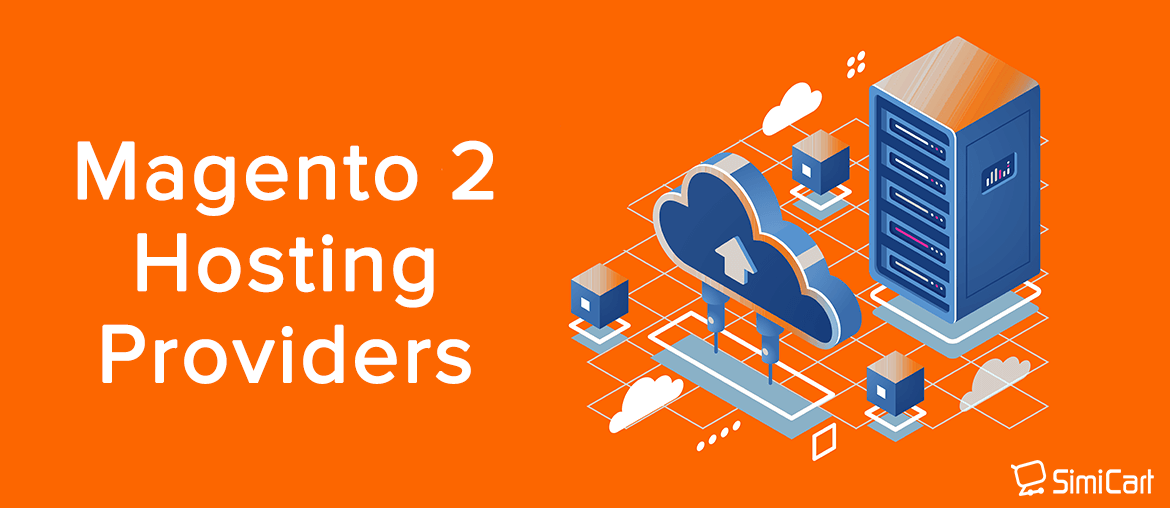
A GoDaddy virtual private server (VPS) hosting solution provides numerous advantages over traditional shared hosting, especially for e-commerce businesses. The dedicated resources of a VPS, including CPU, RAM, and storage, empower online stores to handle increased traffic and transaction volumes without compromising performance.
Advantages of VPS Hosting
The primary benefit of using a GoDaddy VPS is the enhanced reliability and performance it offers. Unlike shared hosting, where resources are divided among multiple users, a VPS allocates specific resources solely to your website. This ensures that during peak shopping seasons or promotional events, your online store remains responsive and capable of processing transactions efficiently.
Furthermore, GoDaddy VPS hosting is inherently scalable. As your e-commerce business expands, you can easily upgrade your server resources to accommodate increased demands. Whether you’re preparing for a holiday sale or launching a new marketing initiative, GoDaddy provides flexible VPS plans tailored to your needs.
Managed vs. Unmanaged VPS Plans
GoDaddy offers both managed and unmanaged VPS hosting options. Managed VPS is ideal for those who prefer a hands-off approach, allowing GoDaddy to handle server maintenance and configurations. This includes tasks such as operating system patching, security updates, and backups—ideal for e-commerce businesses lacking technical expertise.
Conversely, unmanaged VPS requires a more hands-on approach, suitable for organizations with in-house IT capabilities. Users of unmanaged plans are responsible for full server administration, security configuration, and software updates, which can be a barrier for those without technical knowledge. Understanding these differences is crucial for making an informed decision that aligns with your business capabilities.
Current Trends: Increased Demand for Scalability and Security
The e-commerce industry is increasingly demanding scalable and secure hosting solutions. As businesses strive to keep pace with growing customer expectations, the rise of serverless architectures has transformed how companies approach scalability. According to Statista, global e-commerce sales are projected to surpass $6.3 trillion by 2024, driving the adoption of flexible and efficient hosting solutions like GoDaddy VPS.
Businesses recognize the need for hosting environments that can grow alongside their operations, making VPS solutions a popular choice. With GoDaddy’s VPS, e-commerce businesses can scale their resources seamlessly, ensuring they remain competitive in a rapidly evolving market.
GoDaddy VPS Pricing and Plans: Finding the Right Fit
Understanding the GoDaddy virtual private server cost is essential for budgeting your e-commerce operations. GoDaddy differentiates its pricing between managed and unmanaged VPS hosting. Managed plans start at approximately $102.99/month, while unmanaged plans begin at just $4.99/month.
Here’s a clear and updated breakdown of GoDaddy’s VPS plans:
| Plan Type | CPU | RAM | Storage | Price (Monthly) |
|---|---|---|---|---|
| Standard RAM (Unmanaged) | 1 vCPU | 1 GB | 20 GB SSD | $4.99 |
| High RAM (Unmanaged) | 2 vCPU | 8 GB | 100 GB SSD | $29.99 |
| Managed (Standard) | 2 vCPU | 4 GB | 60 GB SSD | $102.99 |
| Managed (High) | 4 vCPU | 8 GB | 120 GB SSD | $149.99 |
When selecting a plan, consider your expected traffic and resource usage. If your business anticipates growth, opting for a plan that allows for easy upgrades can save you significant time and hassle in the future.
It’s also important to note that there are no GoDaddy virtual private server free plans available. However, promotional offers may occasionally provide discounted rates for new customers, making it worthwhile to keep an eye out for such deals.
Choosing the Right GoDaddy VPS Plan: A Decision Matrix
To help you decide which GoDaddy VPS plan is right for you, consider the following factors:
| Factor | Standard RAM (Unmanaged) | High RAM (Unmanaged) | Managed (Standard) | Managed (High) |
|---|---|---|---|---|
| Traffic Level | Low | Moderate | Moderate | High |
| Budget | Very Low | Low | Moderate | High |
| Technical Expertise | None required | Some required | None required | Some required |
Using this matrix, you can assess your business needs and select the plan that aligns with your traffic, budget, and technical capability.
Security and PCI Compliance with GoDaddy VPS
For e-commerce businesses, security is non-negotiable. This is where PCI compliance becomes essential, as it ensures your hosting environment meets the necessary standards for securely processing credit card transactions. GoDaddy’s VPS hosting is PCI compliant, which is crucial for any business that handles sensitive customer information.
GoDaddy’s Security Features
GoDaddy provides a robust range of security features designed to protect your e-commerce data. These include DDoS protection, which helps mitigate the risk of distributed denial-of-service attacks, and free SSL certificates to secure data in transit. Additionally, GoDaddy offers backup and recovery options, ensuring that your data remains safe and can be restored quickly if an issue arises.
While GoDaddy’s security features are commendable, some users have noted limitations, particularly regarding advanced DDoS mitigation options. To enhance your security further, consider implementing supplementary measures, such as additional firewall protections and regular security audits.
GoDaddy VPS Login and Account Management
Accessing your GoDaddy VPS is straightforward. To log in, navigate to the GoDaddy virtual private server login page, where you can enter your credentials to access your account dashboard. The user-friendly dashboard allows you to manage server resources effectively.
Once logged in, you can monitor server performance, manage backups, and access customer support. If you operate multiple websites, GoDaddy’s VPS allows you to host them all within a single account, simplifying management.
For detailed instructions on managing your server, GoDaddy provides a comprehensive knowledge base that can guide you through various tasks, from monitoring server resources to optimizing performance.
Setting Up Your E-commerce Platform on GoDaddy VPS
Once you’ve chosen your GoDaddy VPS plan, the next step is to set up your e-commerce platform. Popular platforms like Magento, WooCommerce, and Shopify can be installed on your VPS, providing a robust foundation for your online store.
Step-by-Step Installation Process
- Access Your VPS: Use the GoDaddy virtual private server login to access your control panel.
- Choose Your Platform: Decide which e-commerce platform best suits your needs.
- Install the Platform: Follow the specific installation instructions for your chosen platform. GoDaddy’s knowledge base offers helpful tutorials for platforms like Magento and WooCommerce.
- Optimize for Performance: Ensure your e-commerce platform is configured for optimal performance. This includes setting up caching, optimizing images, and ensuring your database is correctly configured.
- Implement Security Measures: Install an SSL certificate and configure security settings to protect customer data.
By following these steps, you can establish a secure and efficient e-commerce environment that effectively handles transactions.
GoDaddy VPS vs. Dedicated Servers: Which is Right for You?
When considering hosting options, you may wonder whether a GoDaddy VPS or a GoDaddy dedicated server is more suitable for your e-commerce business. Both options have their merits, but they cater to different needs.
Pros and Cons of GoDaddy VPS Hosting
Pros:
- Cost-Effective: VPS hosting typically costs less than dedicated servers while providing sufficient resources for small to medium-sized e-commerce websites.
- Scalability: VPS plans are easily scalable, allowing you to adjust resources as your business grows.
- Managed Options: Managed VPS hosting alleviates the burden of server maintenance, making it easier for non-technical users.
Cons:
- Limited Resources: While VPS offers dedicated resources, they are still limited compared to a dedicated server, which might be necessary for high-traffic sites.
- Technical Expertise Required: Unmanaged VPS hosting requires a certain level of technical knowledge, which can be a barrier for some users.
GoDaddy Dedicated Server Offerings
For e-commerce businesses that require more power and customization, GoDaddy’s dedicated servers provide an alternative. With a dedicated server, you gain complete control over your hosting environment, allowing for advanced configurations and optimizations.
However, it is worth noting that VPS hosting may not always be the most cost-effective option. For very high-traffic e-commerce sites with specific performance needs, investing in a dedicated server might offer better long-term value. Understanding the GoDaddy dedicated server price, which typically starts around $89.99/month for basic configurations, can help you make an informed decision based on your business needs.
Choosing between VPS and dedicated hosting should depend on your budget, anticipated traffic, and the technical expertise available within your team. A decision-making flowchart could assist in visualizing the best option based on these factors.
GoDaddy Hosting and Support: Getting the Help You Need
GoDaddy offers various customer support options, including phone, chat, and email. While GoDaddy’s phone support generally receives positive feedback, some users report extended wait times for live chat assistance. This inconsistency can impact the overall customer experience, particularly during critical support moments.
If you encounter technical issues with your VPS, GoDaddy’s support team is available 24/7 to assist you. They can help with common technical challenges faced by e-commerce businesses, such as server configuration, performance monitoring, and security enhancements.
However, some users have noted limitations in GoDaddy’s support, particularly regarding complex server management issues. It may be beneficial to have a technical resource within your team who can navigate more intricate problems.
Conclusion
In conclusion, a GoDaddy virtual private server hosting solution is a strong option for e-commerce businesses that require a scalable, secure, and cost-effective hosting environment. By understanding the features, pricing, and support options available, you can make an informed decision that aligns with your business goals. Whether you choose managed or unmanaged hosting, the flexibility and reliability of a GoDaddy VPS can help propel your online store toward success. If you need assistance, don’t hesitate to contact GoDaddy support at (480) 624-2500 for further guidance. Explore GoDaddy’s VPS offerings today and discover how it can transform your e-commerce business.
1. https://hami.vn/mmoga-cheap-reseller-hosting-a-guide-for-freelance-web-designers/
2. https://hami.vn/mmoga-iaas-paas-and-saas-a-deep-dive-for-it-managers/
3. https://hami.vn/mmoga-mastering-iaas-in-cloud-computing-a-guide-for-it-managers/
4. https://hami.vn/mmoga-cpanel-vps-hosting-the-ultimate-guide-for-smbs/
5. https://hami.vn/mmoga-aws-virtual-private-server-a-comprehensive-guide-for-small-businesses/
1. https://hami.vn/mmoga-cpanel-vps-hosting-the-ultimate-guide-for-smbs/
2. https://hami.vn/mmoga-mastering-iaas-in-cloud-computing-a-guide-for-it-managers/
3. https://hami.vn/mmoga-iaas-paas-and-saas-a-deep-dive-for-it-managers/
4. https://hami.vn/mmoga-aws-virtual-private-server-a-comprehensive-guide-for-small-businesses/
5. https://hami.vn/mmoga-cheap-reseller-hosting-a-guide-for-freelance-web-designers/
